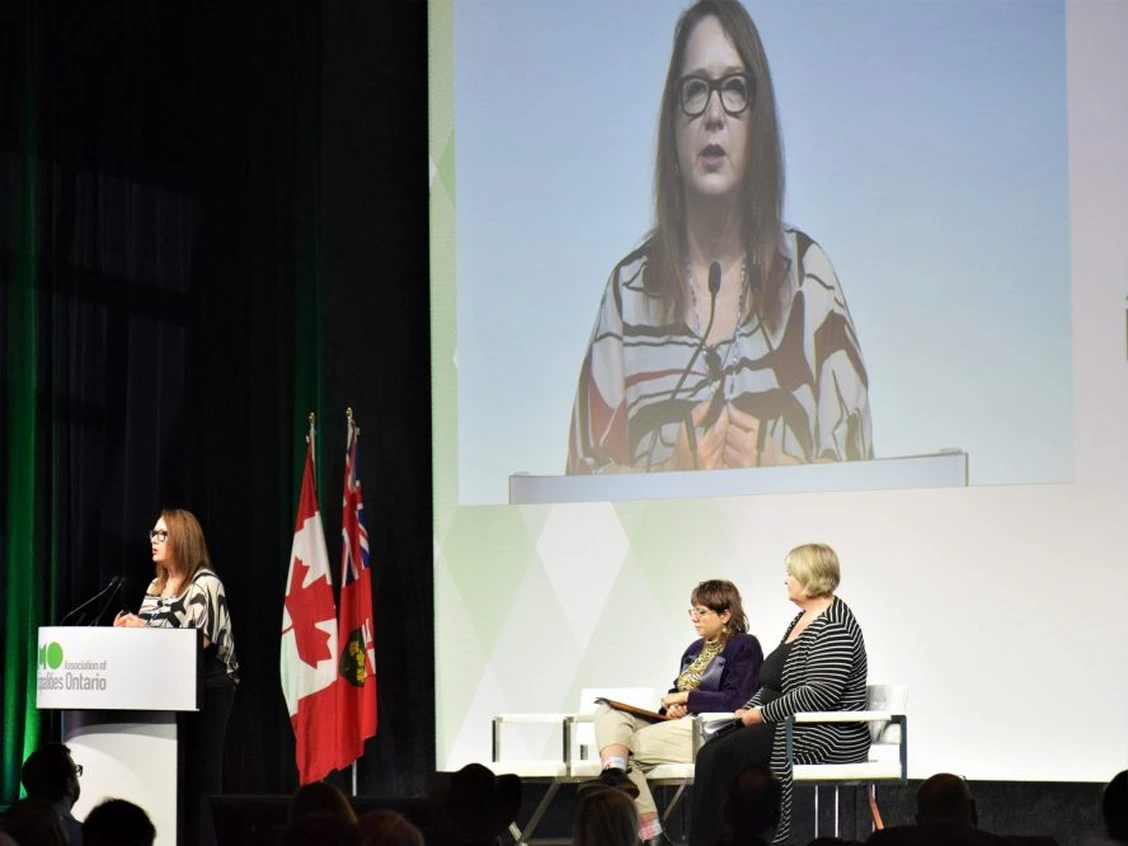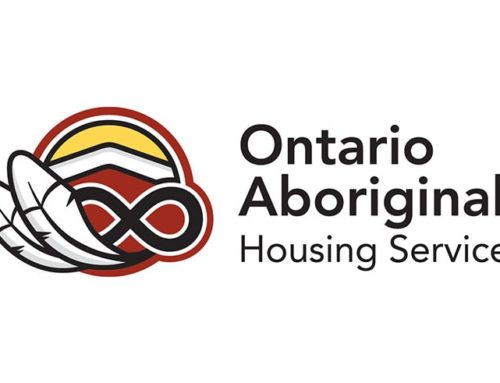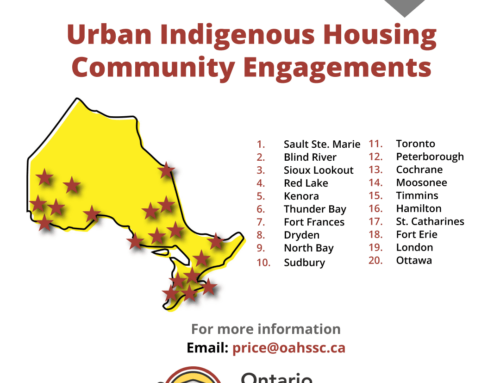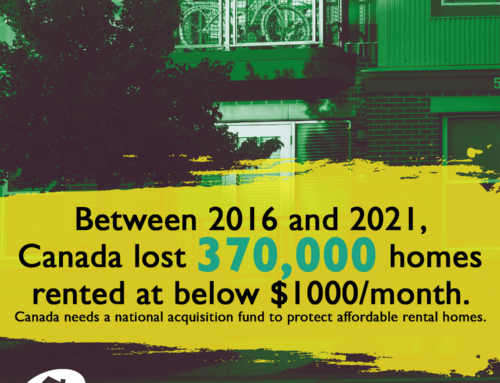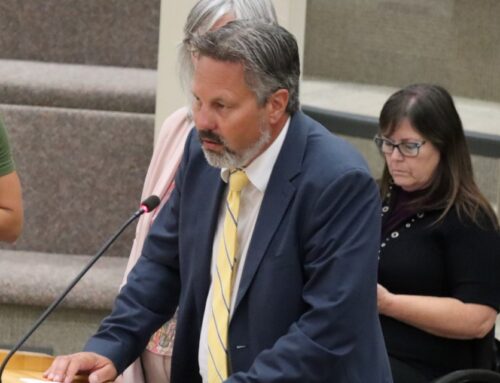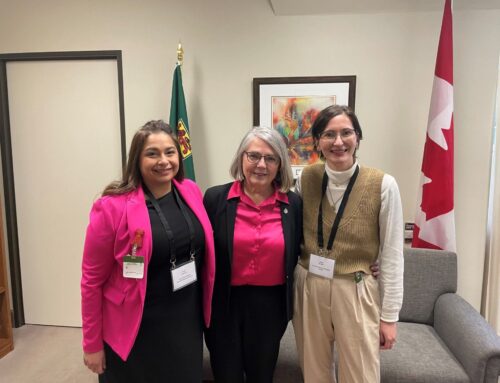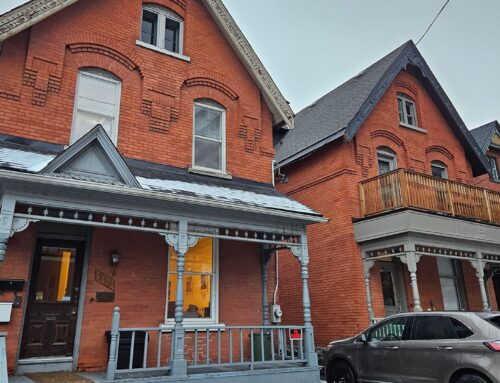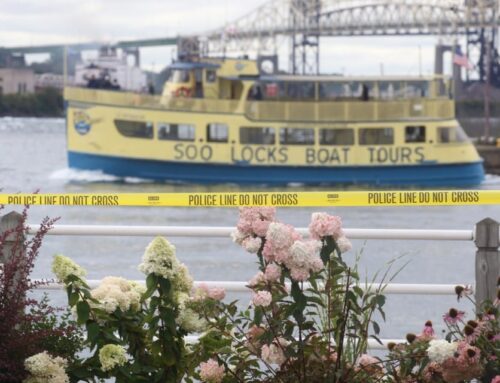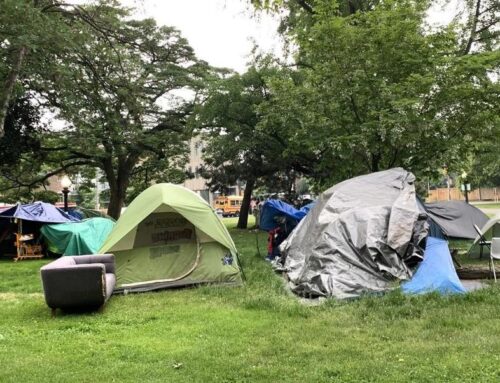Published by the London Free Press on Aug 23, 2023
Ontario municipal leaders called on the province to introduce new measures to tackle homelessness as they wrapped up their largest annual conference on record Wednesday. The Association of Municipalities of Ontario (AMO) dedicated its last day in London to ending homelessness in the province by 2030, issuing a statement urging the provincial government to enact the following immediately:
- Boost social assistance rates
- Increase the supply of deeply affordable community housing
- Continue pumping dollars into community-based mental health and addiction services, including supportive housing
- Increase base funding for the homelessness prevention program to strengthen emergency shelter systems
“Homelessness is a social, economic and health crisis right across Ontario,” association president Colin Best said in a statement.
“In addition to the moral imperative to end homelessness, there’s a solid business case that ending homelessness is good health policy, good economic policy and good social policy.”
AMO, the not-for-profit organization that represents the province’s 444 municipalities, said these actions are needed to allow a human rights approach to housing and homeless encampments at the civic level.
While the provincial government recently has made critical investments in mental and public health and housing, Ontario has the lowest per-capita spending on such services in the country, the organization said.
This year’s AMO meeting at RBC Place was the biggest yet, with more than 2,000 participants from across Ontario. The last day included sessions on approaches to ending homelessness.
London Mayor Josh Morgan and Kingston Mayor Bryan Paterson took the stage to discuss how their communities are responding to the homelessness crisis. In Kingston, the city and its partners have teamed up to open three homeless hubs, for youth, family and integrated care.
The integrated care hub has galvanized the community to get behind the issue, Paterson said. “The hubs themselves can become part of a focal point to attract additional community support,” he told an audience Wednesday.
That hub alone has attracted $1 million in in-kind donations during the last three years. “For community organizations or individuals that want to help understand the scale of the problem, it’s been a way for them to be able to do that,” Paterson said.
London, meanwhile, is unfurling its ambitious plan to fight homelessness with a similar approach, a network of service and shelter hubs.
Just as municipalities are taking notes from London, there is much to be learned from Kingston, Morgan said.
For example, “We’ve learned a lot about the design of the hubs, particularly from Kingston,” he said.
*Photo is owned by The London Free Press


